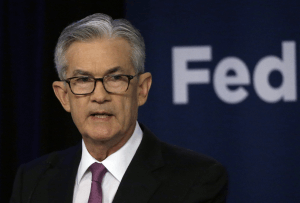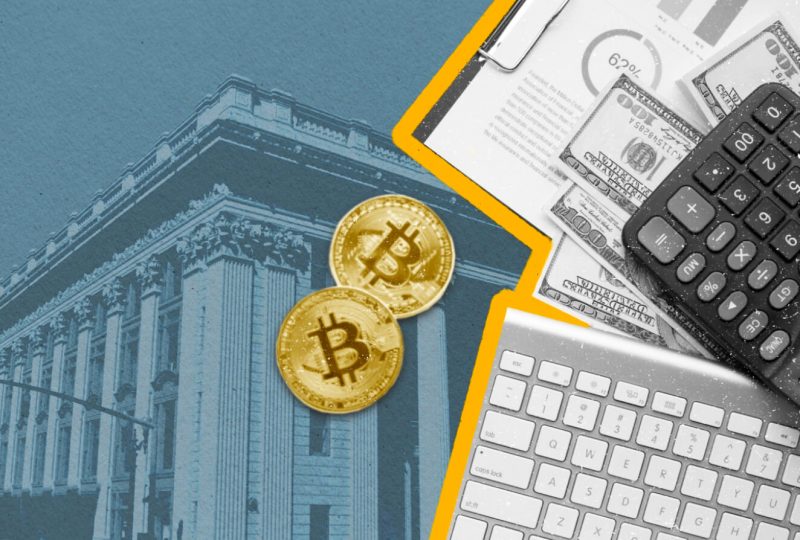European Markets Mixed As Investors Weigh Up Omicron Concerns
Dec 19, 2021

Equities in Europe fell last Friday as investors digested the Bank of England's (BoE) unexpected interest rate move and additional limitations imposed as a result of the Omicron strain's spreading.
London's FTSE 100 (FTSE) finished about 0.2% higher, while the French CAC (FCHI) fell 1% and Germany's DAX (GDAXI) down 0.5%.
Worries about the economy's performance next year led to a decline in technology stocks, automakers, and energy businesses.
It also happened at a time when retail sales in the United Kingdom surpassed forecasts in November, increasing 1.4% overestimates of 0.8% growth. The cause for this was a trend toward earlier holiday shopping and Black Friday bargains.
This month internet purchases as a percentage of overall sales fell to their lowest point since the outbreak began, as people returned to the high street.
Consumers' confidence also fell this month as a result of the expansion of the new COVID-19 variant. In December, GfK's carefully monitored index decreased 1 point to -15, indicating that UK consumers are becoming less willing to spend on large purchases.
"The discovery of the Omicron form couldn't have come at a worse moment for the festive period. As people's minds turned to holidays, Omicron appeared out of nowhere, threatening to stop Santa's sleigh", GfK's Joe Staton commented.
Joe pointed out that the end of 2021 was a bit depressing. It appears that the UK consumer sentiment will have a dreary midwinter, probably with further coronavirus restrictions and a slight chance of a genuine rebound in the early months of 2022.
Across the Atlantic, the S&P 500 (GSPC) fell 0.5 percent, while the tech Nasdaq (IXIC) climbed 0.1 percent. By the end of the day in Europe, the Dow Jones (DJI) had dropped 1%.
In the United States, the markets debuted effectively higher on Thursday. But as the trading day went, the Nasdaq began to take a dive and started weighing on the broader indices.
The possibility of a small rate hike reduces the appeal of several of the more highly valued industries, bringing the S&P 500 and Dow down with it.
Last week, the Federal Reserve said it would raise interest rates by three quarter-points by the end of the following year to battle rising inflation, boosting economically sensitive sectors while placing pressure on technology stocks.
Richard Hunter, head of markets at Interactive Investor, said that over the last few days, in the wake of hawkish central bank actions, investors have increasingly moved into more economically vulnerable areas at the expense of growth.
As a result, the Nasdaq in the United States was the most affected by the selling pressure, while financial and utility companies gained some ground.
Shares sank substantially on Friday in Asia, reversing earlier gains. Japan's Nikkei (N225) plummeted 1.8 percent, while the Hang Seng (HSI) dropped 1.2 percent, and the Shanghai Composite (000001.SS) fell 1.1 percent.
The price of oil fell for the first time in three days, as the threat of new COVID-19 outbreaks casts doubt on the prospects for energy consumption.




